Constant pressure
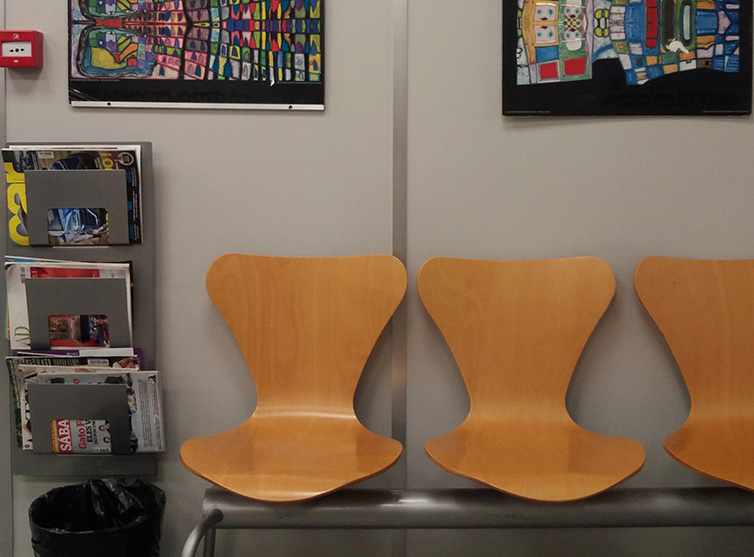
Already under pressure, the alcohol and other drugs (AOD) sector is bracing for an influx of demand related to Covid-19. While new initiatives are being introduced along with a funding injection, services have big aspirations for what will be achieved on the ground, as Oliver Lewis reports.
For some people seeking help for an addiction issue, providers often talk about the narrow window of opportunity — that fleeting moment when someone is prepared to change and get support. But what happens when the window is effectively shut in advance?
Addiction treatment services around the country have, for some time, struggled to keep up with demand. They run on the smell of an oily rag, as one provider put it. This mismatch between resources and the level of need means people end up waiting; for some tangata whaiora, this doesn't work — they need the help to be there when they put up their hand.
“If you can’t respond quickly,” NZ Drug Foundation chair Tuari Potiki says, “then often other things happen and you miss the boat.”
Every year in New Zealand, about 170,000 people will experience a substance dependence issue, according to figures from the latest Mental Health Commissioner’s monitoring report. In 2018/19, 51,877 people accessed services, meaning less than a third of people who might benefit from treatment are asking for and receiving help. And treatment works, providers say. There just needs to be more services and options available.
“We have got really good programmes. We’ve got evidence-based and well-evaluated programmes that work well,” says addictions expert Dr Vanessa Caldwell, Mental Health and Addictions Clinical executive for MidCentral District Health Board (DHB).
“We just don’t have enough of them. So they are constantly under pressure, we have constant wait lists and the community — rightfully — has a level of frustration.”
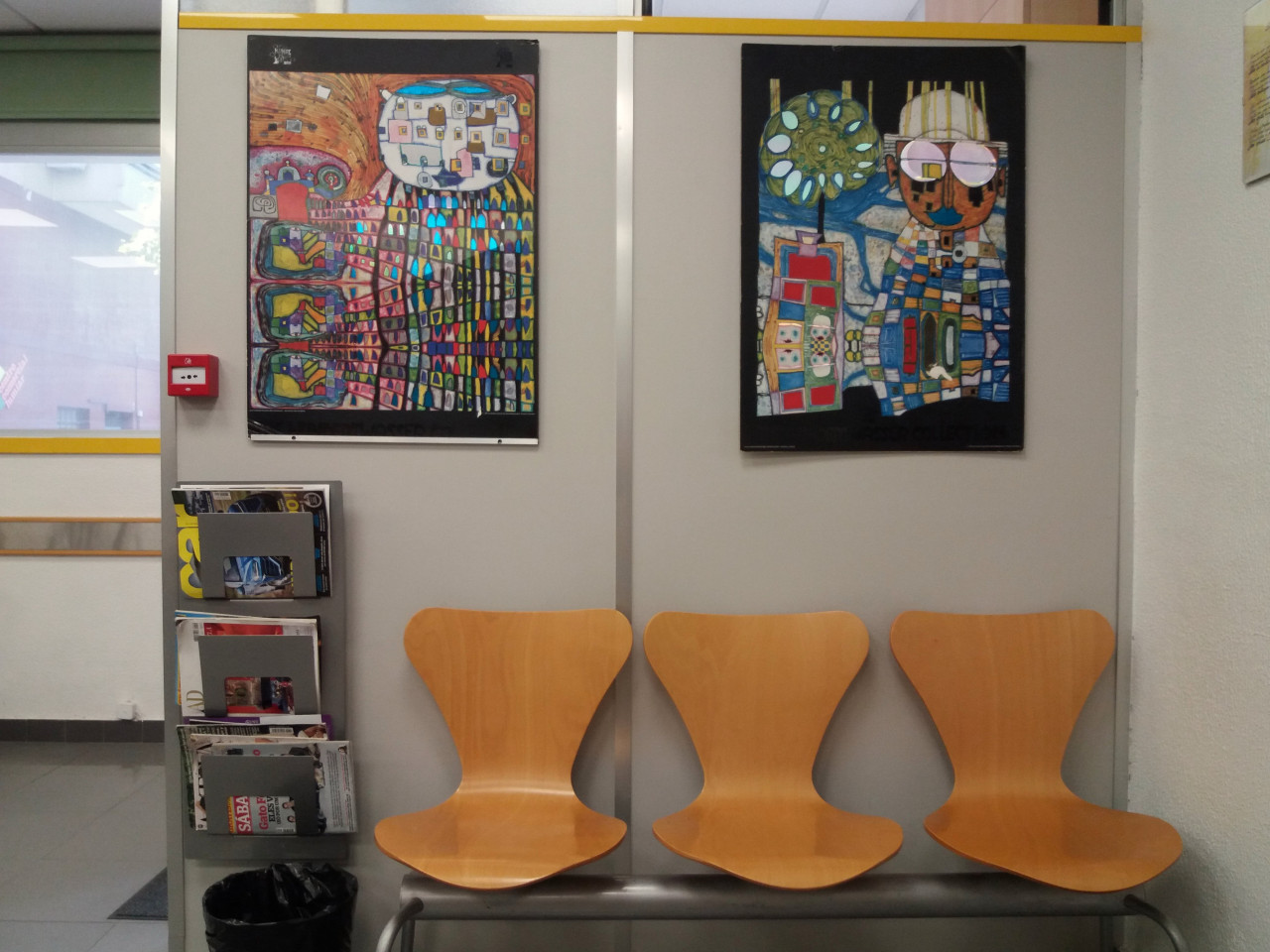
Photo credit: Flickr, Ponto e Virgula
Following He Ara Oranga, the ‘once-in-a-generation’ review into mental health and addiction, the Government responded with a record investment of $1.9 billion in Budget 2019. This included $69 million over four years to support addiction treatment, $44m of which was earmarked for specialist AOD services.
Of this, $24m has been allocated to ensure the sustainability of non-governmental organisations (NGOs) contracted to DHBs to provide residential care, managed withdrawal and other AOD services. A further $8m has been tagged for new staff and services, including a coordinated network of managed withdrawal services across the South Island.
By the end of December, the ministry says about $12m of the overall $32m over four years will have been spent. Some providers, they say, will have noticed significant increases in their contract values. The service providers spoken to for this article, however, say they have only seen small increases — enough to help deal with cost pressures, but not to invest in new staff or much-needed services.
They and other AOD experts hope, though, that the newly empowered Labour Government will have the courage to reform alcohol and other drug laws, address workforce pressures and make sure funding is in place to ensure services are sustainable and people have access to a wide range of treatment options, including dedicated kaupapa Māori and Pacific services.
“We really want to see an appetite by the Government to actually make the transformational change they said they would,” says Selah Hart, chief executive of Māori public health organisation Hāpai Te Hauora.
"The workforce is probably the biggest challenge."
We really want to see an appetite by the Government... to make the transformational change they said they would.”
Selah Hart, chief executive, Hāpai Te HauoraThe workforce is probably the biggest challenge
The Salvation Army is the largest NGO provider of AOD services in New Zealand, providing everything from outpatient programmes to detox and residential services. In 2019/20, the organisation supported 4586 people.
Lynette Hutson, national director of Addictions, Supported Housing and Prisoner Reintegration for The Salvation Army, is in Palmerston North visiting supported accommodation when she picks up the phone. Staff there, she says, have just been telling her how hard it is to get people mental health and addictions support.
And with the uncertainty and stressors linked to Covid-19 — unemployment, the precarious housing market, mental distress — demand is only likely to increase. The Salvation Army is already starting to see the impact, Hutson says.
“A lot of people started drinking way more heavily through Covid-19,” she says. “So much so that people who might have been on the cusp of difficulty have really deepened the issues that they’re experiencing.”
Demand varies across different services, but Hutson says there are wait lists for all the Army’s residential beds. Typically, AOD services in bigger centres have the longest waits, but services in more provincial centres are stretched, too. In Palmerston North, the NGO contracted by the DHB to run a day programme service had about 120 people on its wait list in March.
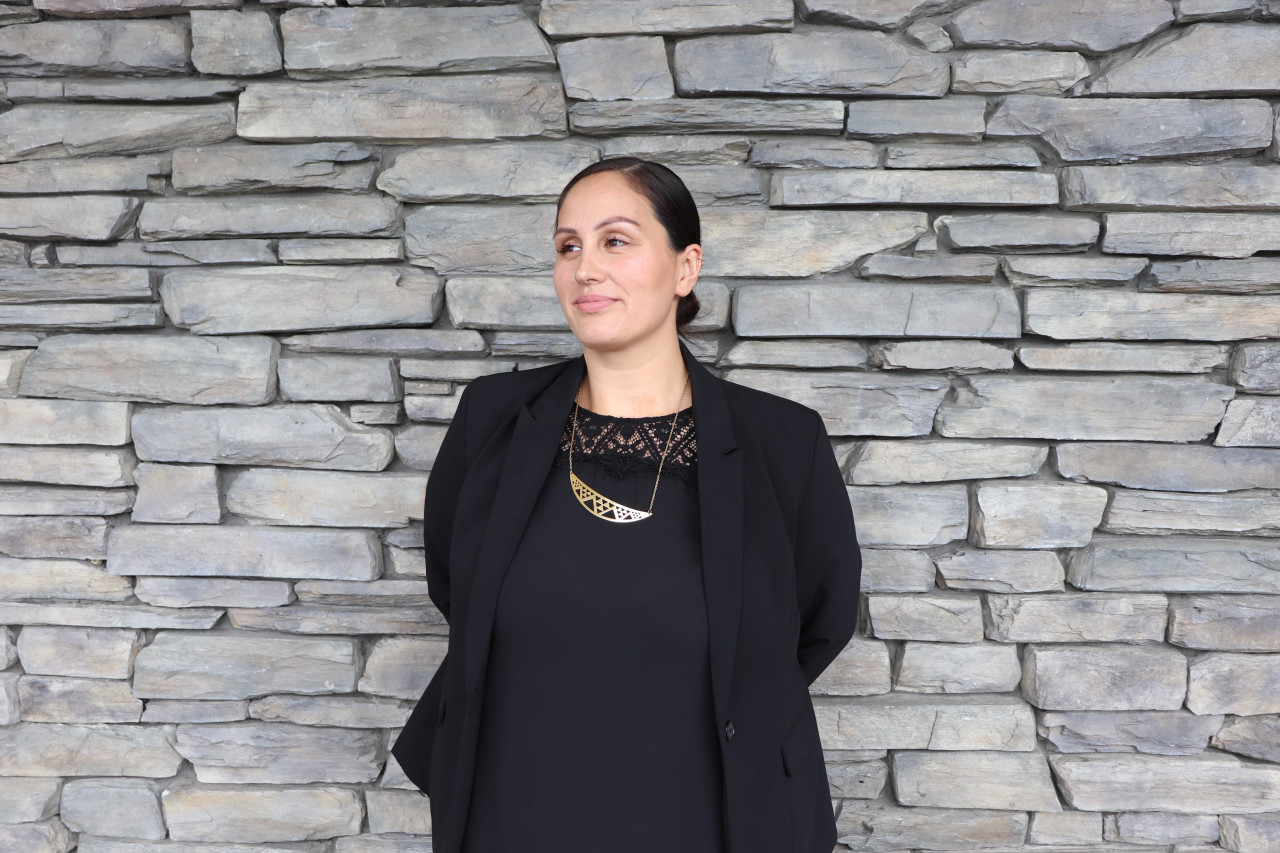
Selah Hart, chief executive of Māori public health organisation Hāpai Te Hauora.
Across the six DHBs that make up the central region, Caldwell, the MidCentral DHB executive, says there has been minimal extra resources for AOD services since Budget 2019 aside from funding for four extra beds at a residential addiction centre in Napier (the ministry says the DHBs identified this as as a priority and there has been other investment).
“There has been no relative increase in staff, no relative increase in community-based services. Our wait list — we haven’t been able to impact our wait list, particularly for young people wanting access to addiction specific counselling or support.”
Hutson, too, has yet to see much change since Budget 2019. The Salvation Army has seen an uplift in contract values, but Hutson describes this as a catch-up after years of underfunding, not an investment in expanding services. And that is a worry when it comes to retaining and attracting staff, something she describes as one of the biggest challenges facing the sector.
“It is a constant challenge to remunerate staff at an appropriate level in order to retain them.”
NGOs face stiff competition from agencies like Corrections, which can afford to pay better. Ironically, some AOD providers believe the NGO sector is also losing staff as a result of the $455m spend on new primary mental health and addiction services — the flagship Government investment aimed at people with mild to moderate mental health and addiction issues.
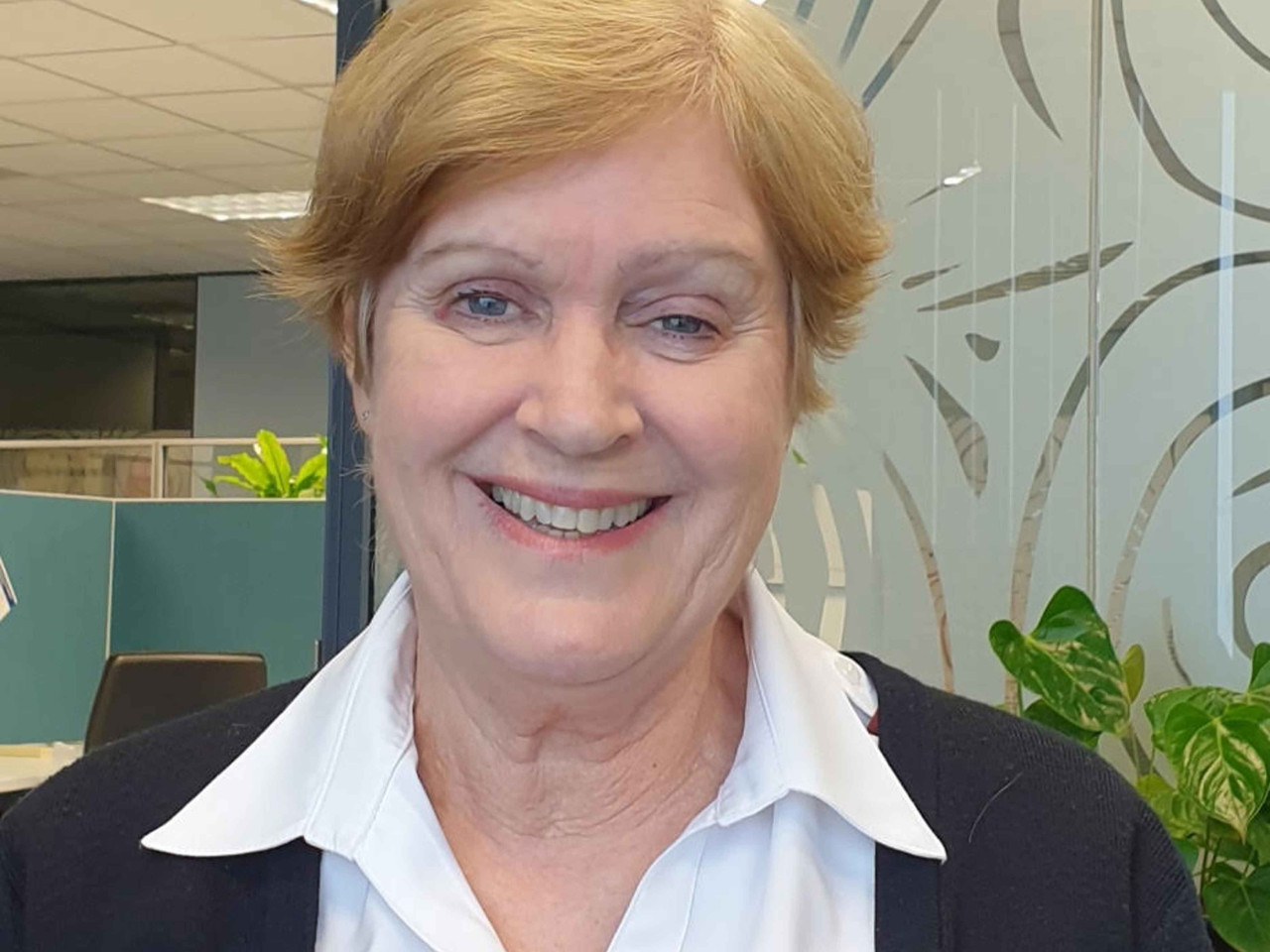
Lynette Hutson, national director of Addictions, Supported Housing and Prisoner Reintegration for The Salvation Army
While the pace of the rollout has been criticised, Mental Health Commissioner Kevin Allan and others say the services — which will include dedicated kaupapa Māori, Pacific and youth options — are already starting to make a difference. Responding to addiction issues is a core function, the ministry maintains, and staff are expected to have the skills to help people with mild to moderate alcohol and other drug issues. However, some AOD experts and providers are worried that isn’t the case; instead, they think more people will simply end up being referred on to stretched specialist services.
“On the ground that’s what we’re experiencing — that they are mental health roles,” says Deb Fraser-Komene, director of child and youth mental health and addictions provider Mirror Services/Whakaata Tohu Tohu.
“They are not addiction roles and the providers of those services are saying ‘we know we’re not providing addiction services and our staff aren’t trained in that area.’”
Mirror Services, which is based in the Southern DHB region, provides a range of services including a day programme for young people aged 13-18 with addiction issues. The programme has been funded at roughly the same level, Fraser-Komene says, since 2001.
“There’s no vision or capacity for development, or looking at how to build on a programme.”
Fraser-Komene has a wishlist for the addiction sector. Among other things, she wants to see improved AOD training for GPs, more peer support, kaupapa Māori and rural services and a focus on developing the addiction workforce.
She, Hutson and Caldwell all want to see increased capacity in the community, something that will require both workforce development and funding to ensure services can meet demand.
“What we really want to see is an increased range of services so that if somebody calls you can respond to them right away,” Hutson says.
There’s no vision or capacity for development, or looking at how to build on a programme.”
Deb Fraser-Komene, director, Mirror Services/Whakaata Tohu Tohu.Matching rhetoric with courage
He Ara Oranga called for a health-based approach to transform alcohol and other drug regulations. The report recommended the Government adopt much stricter regulations around the sale and supply of alcohol and — for possession of other drugs — replacing criminal sanctions with civil responses, including treatment programmes.
University of Otago, Christchurch professor of psychiatry and addiction medicine Doug Sellman says the Government could slash alcohol-related harm in the country by half if they dismantled alcohol marketing, took it out of supermarkets, restricted purchasing hours, raised the purchase age to 20 and lowered the allowable blood alcohol limit for driving.
Asked if he had any hope of this happening, Sellman is blunt.
“No, I have no confidence at all that they’re going to do it, unfortunately.”
Recently released statistics from the 2019/20 New Zealand Health Survey shows one-in-five adults, or an estimated 838,000 people, drank in a manner defined as hazardous. Despite the enormous personal and social costs related to alcohol, Sellman says successive Governments have ignored calls to sufficiently strengthen regulations. Last term, the Labour-led Government responded to the He Ara Oranga alcohol recommendation by saying it would require further consideration.
Sellman says the new Government led by Prime Minister Jacinda Ardern is aspirational — a good thing — but it also needs the courage to act on alcohol and other drug law reform.
“I’ve seen the rhetoric, but I haven’t seen the bravery.”
In a written statement, new Health Minister Andrew Little said his priority was to continue the work done by the Government in its first term to reduce harm from alcohol and other drugs. He would be closely monitoring the rollout of services, Little said, and — where possible — looking to accelerate progress.
For Māori, reform is a matter of equity. Māori are disproportionately likely to experience a substance abuse issue in any given year, and more likely to be criminalised by Police for low-level drug offences, such as cannabis possession.
In 2019, the Government amended the Misuse of Drugs Act affirming police discretion to take a health approach instead of prosecution for possession and use of controlled drugs. However, Potiki, chair of The Drug Foundation, says that doesn’t go far enough. He wants to see a complete overhaul of the act to officially treat alcohol and other drug issues as health issues, not criminal justice ones.
“That then impacts on the whole sector,” Potiki says. “It also requires more alcohol and drug services to be available because treating drugs in health rather than criminal justice means you’re going to need to provide education and treatment for people. With less spent on locking people up, funds could be freed up to meet the costs of the expected growth in demand.”
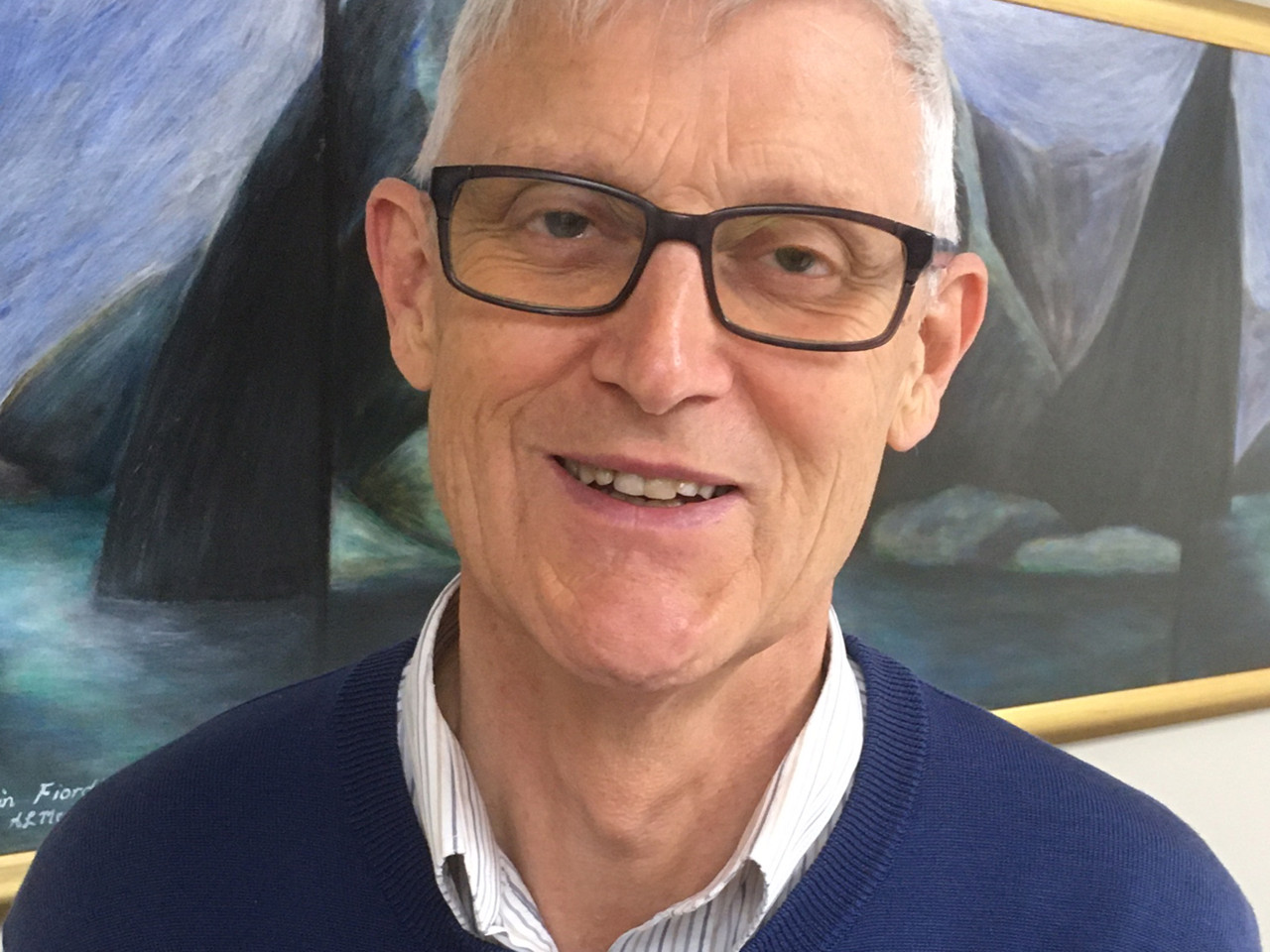
University of Otago, Christchurch professor of psychiatry and addiction medicine Doug Sellman
Little described the 2019 amendment as important. In the month after the law change there were fewer charges for meth offences and more health referrals, however his office acknowledged there had still been a smaller number of health referrals and a larger number of prosecutions than expected to date, suggesting the intent of the amendment — to take a more health-based approach to addiction — had yet to be realised. Little said he would be considering what steps were needed to ensure the law was doing what the Government wanted. In a separate development, the Health Minister announced on December 1 there would be a temporary law change to allow drug testing services to operate at summer festivals free from the risk of prosecution. Further work would take place next year on a long-term solution.
“The Government is committed to minimising drug harm and to treating drugs as a health issue,” Little said in a statement about the change.
While the referendum to legalise cannabis narrowly failed, Hart, of Hāpai Te Hauora, believes there is still a mandate for the Government to take action and not continue with the status quo, which she says perpetuates inequality.
Mental health and addiction issues go hand-in-hand with other issues facing whānau, such as poverty and housing insecurity. Taking a holistic approach is important, Hart says. She hopes to see more investment in the Whānau Ora model including funding for more kaiārahi, Whānau Ora navigators, to work alongside whānau to identify solutions that will help them. Another potentially transformative change, Hart believes, would be the creation of a fully empowered Māori Health Authority with the ability to commission for-Māori by-Māori services.
This year, Hāpai Te Hauora was contracted to undertake a psychosocial coordination response for over 70 Māori mental health and addiction providers to help understand the impacts of Covid-19. Some providers lacked basic infrastructure to be able to work effectively remotely, Hart says. And while it wasn’t the aim, the survey also highlighted pressures linked to underfunding and insufficient investment in kaupapa Māori approaches to reducing mental health and addiction prevalence.
“There isn’t the dollar to actually have the suite of services right here right now that are needed to catch all of those families that are currently in the storm of addiction, substance abuse or mental distress, and the associated pressures that are perpetuated through that.”
An ongoing journey
For many in the AOD sector, the Government response to date has yet to live up to the hope and promise contained in He Ara Oranga. As Potiki says, however, it was always going to take time to make change and invest properly in services — even without Covid-19.
“I think most people that I know would prefer to see the machinery put in place first and then the money spent wisely,” he says.
And there has been some progress.
As part of the Budget 2019 investment, $4m was allocated over four years for Te Ara Oranga, the successful methamphetamine reduction pilot in Northland. Labour has promised to extend the programme to a further 4000 New Zealanders and expand nurse-family partnerships, which Little said provided better support to parents and whānau with mental health or addiction needs.
There has also been investment in community AOD services, such as the Haven recovery cafe in Auckland. Other measures highlighted by the ministry include $20m for initiatives relating to harm from methamphetamine funded through the Provincial Growth Fund, funding for an AOD Treatment Court in the Waikato and new pregnancy and parenting services.
The ministry is also working on an AOD Wellbeing Framework which, they say, will ensure people are able to access a range of responses that meet their needs when and where they need it.
That is what providers want, too. And experts. However, despite the Budget 2019 funding and examples pointed to by the ministry, the addiction specialists spoken to for this article were fairly unanimous in their view that there had yet to be significant improvements on the ground. Some of them were able to point to positive developments, but often these came with caveats, like the possible flow-on effect of more referrals from the new primary mental health and addiction services. But there was still hope the Government would deliver more this term.
As Sellman puts it, having an aspirational Government is better than the alternative. However, aspiration alone is not enough.
“If they do nothing,” he says, “it’s going to be very demoralising in three years’ time.”
Recent news

Beyond the bottle: Paddy, Guyon, and Lotta on life after alcohol
Well-known NZers share what it's like to live without alcohol in a culture that celebrates it at every turn

Funding boost and significant shift needed for health-based approach to drugs
A new paper sets out the Drug Foundation's vision for a health-based approach to drug harm

Expert Pharmac committee recommends funding for overdose reversal nasal spray
The expert committee has said funding for naloxone in the community should be a high priority

